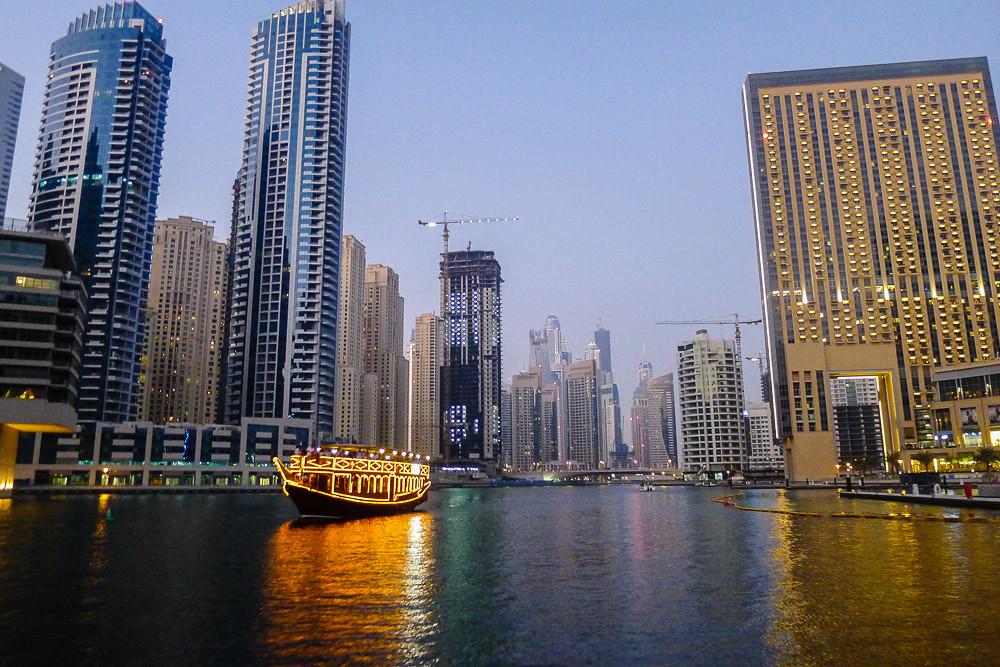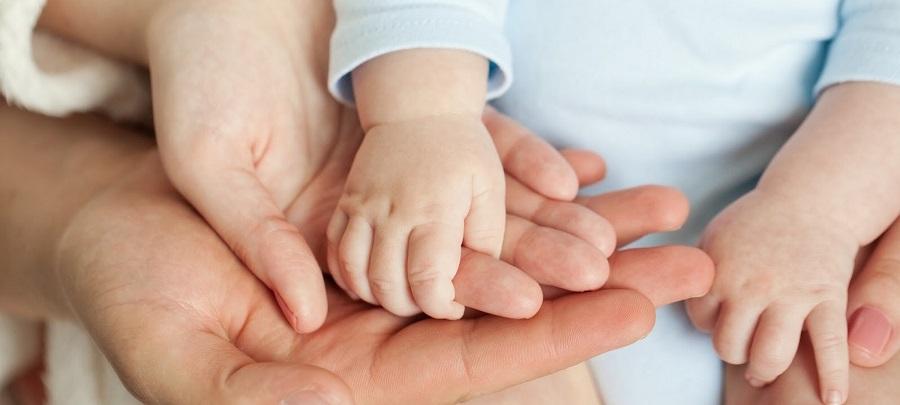Medicine in the United Arab Emirates (UAE) deservedly occupies a leading position in the world, thanks to modern technology, highly qualified specialists and comfortable treatment conditions. Over the past few decades, the country has made an incredible leap forward in the development of its healthcare system, creating a medical infrastructure that meets the best international standards.
Today, the UAE is a popular destination for medical tourism. Patients from all over the world come here for affordable and high quality treatment. The country's government is actively supporting the development of the medical industry, introducing innovative technologies and attracting the best medical staff. As a result, many people travel to Dubai to take care of their health.
1. History and development of medicine in the UAE
The history of medicine in the UAE, and Dubai in particular, began with traditional methods of treatment, when herbal infusions, natural oils and medical practices (massage and jar treatments) were the mainstay of healthcare. These methods were successful in treating minor ailments and convalescence, but for more complicated cases, locals often sought the help of doctors from other countries.
Following the discovery of oil in the mid-twentieth century, the state began to invest heavily in the development of all infrastructure, including healthcare. In the 1960s, the first hospitals appeared in the UAE, many of which served the population free of charge.
After the formation of the federation in 1971, the country began to develop its own healthcare system, actively inviting doctors from other countries and sending its students to study abroad. By the 1990s, the UAE had medical centres with what was then state-of-the-art equipment.
Today, the UAE is one of the countries with the most developed medical system. Life expectancy is around 78 years and infant mortality rates are among the lowest in the world. UAE citizens can receive some of the best medical care in the world - and they don't have to pay for it. However, those who do not have an Emirates passport will have to pay a certain amount.
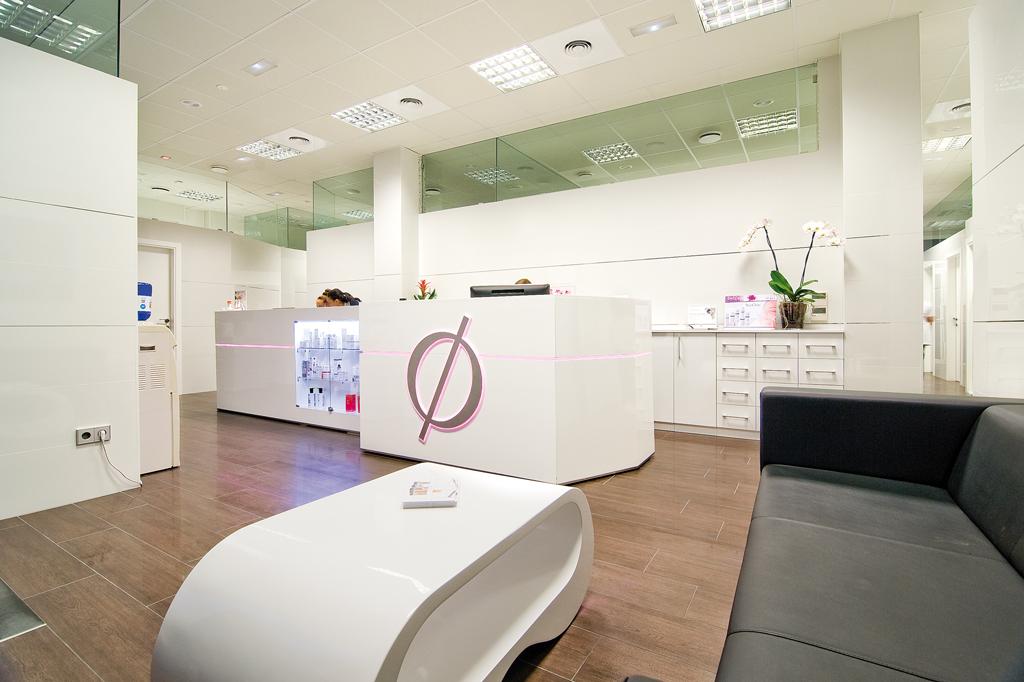
2. The current healthcare structure
The healthcare system in the UAE is made up of two sectors: public and private. Both sectors actively work together to provide affordable and quality medical services to residents and expatriates.
It is important to note that residents of Dubai and Abu Dhabi are not allowed to stay in the emirates without insurance. A fine will be imposed for each month of stay without insurance.
2.1 Public Sector
Public hospitals are designed to provide free or low-cost medical services to the citizens of the country. Government organisations such as SEHA (Abu Dhabi Health Services) and the Dubai Health Authority (DHA) monitor the quality of public health facilities.
Government clinics use the latest technology and doctors undergo rigorous accreditation. Interestingly, the country's authorities are actively promoting better working conditions for expatriate professionals. For example, a talented medical professional can receive a 'golden visa' for long-term residency - and even Emirati citizenship - for special skills or outstanding scientific contributions. Not surprisingly, the best doctors from around the world are beginning to settle in Dubai and other emirates.
However, foreign residents and tourists can only use the services of government hospitals on a paid or insured basis. At the same time, it cannot be said that prices are "biting": compared to Israel, for example, the UAE is cheaper in some areas, and the quality is not inferior.
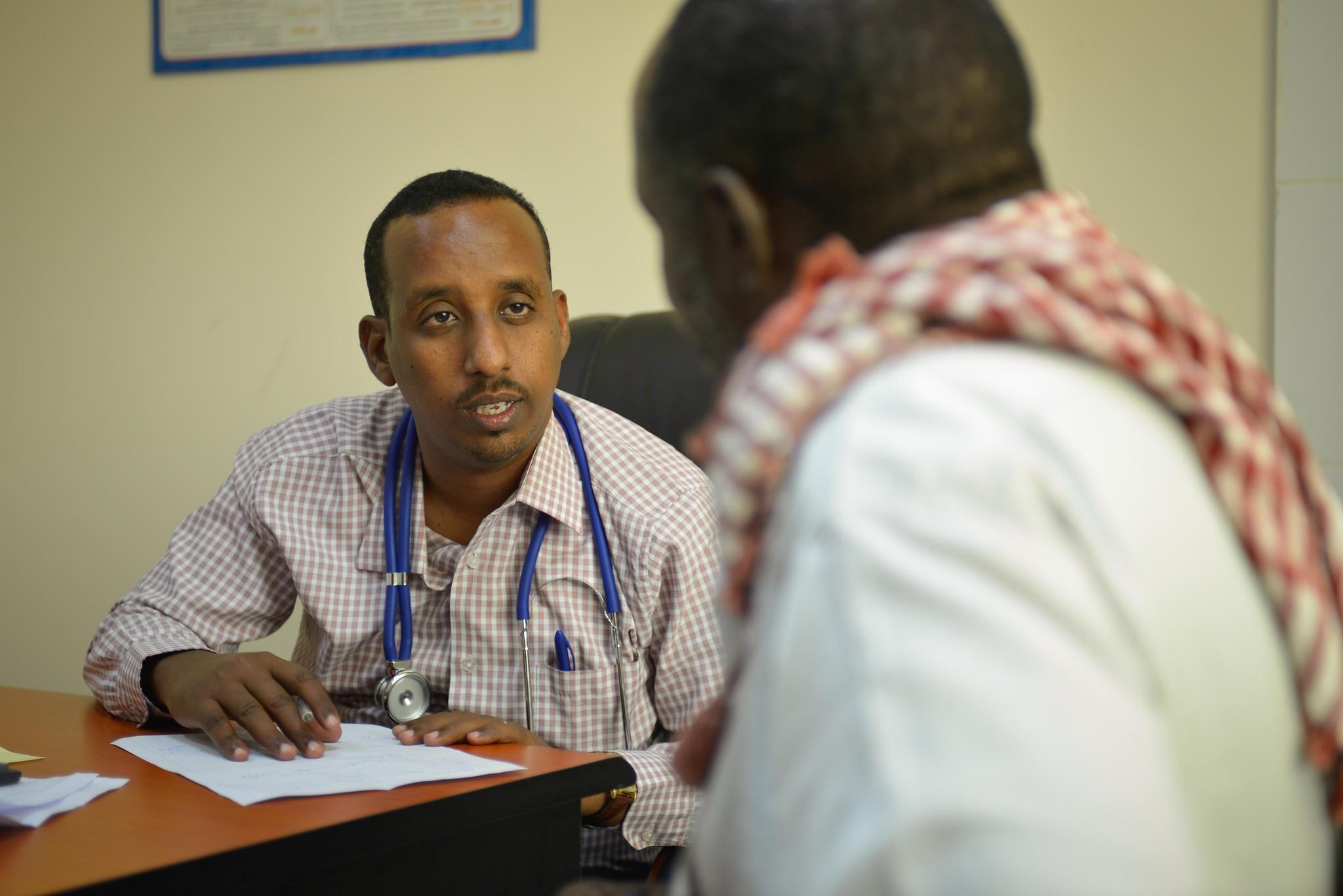
Approximate prices for medical services in Dubai:
- Consultation with a specialist: 100-150 dirhams ($27-40);
- Simple surgical procedure: 5-10 thousand dirhams ($1.35-2.7 thousand);
- Complex surgery and recovery: from 11 thousand dirhams (from 3 thousand dollars).
For permanent residents of the UAE, it is easier and cheaper to seek medical treatment in a public hospital rather than a private clinic. However, this can only be done with a special card - the National Health Card. It is issued on the basis of a passport and a document confirming the right to permanent residence in the country. It entitles you to a percentage discount on many services in public hospitals.
Note: Minimum out-of-pocket insurance costs from AED 550 (about $140) per year.
2.2 Private Medical Centres
Private medical facilities are known for their premium services, personalised patient care and minimal queues. Interestingly, 16% of public hospitals account for 84% of private hospitals. Popular chains such as Medcare Hospitals & Clinics, Aster Hospital, Thumbay Hospital and Emirates Healthcare offer specialised services such as cancer treatment, heart surgery and reproductive technology.
The cost of services at private hospitals is significantly higher than at public hospitals:
- Consultation with a specialist: 300-800 dirhams ($80-220);
- Prosthetic surgery: from 25,000 dirhams ($6,800);
- labour support: from 7.3 thousand dirhams ($2,000).
Many clinics offer complete packages (e.g. examination + treatment + recovery), which allows you to save a lot of money and get the full care of several specialists at once. This is convenient for those who have come to the Emirates specifically for treatment.
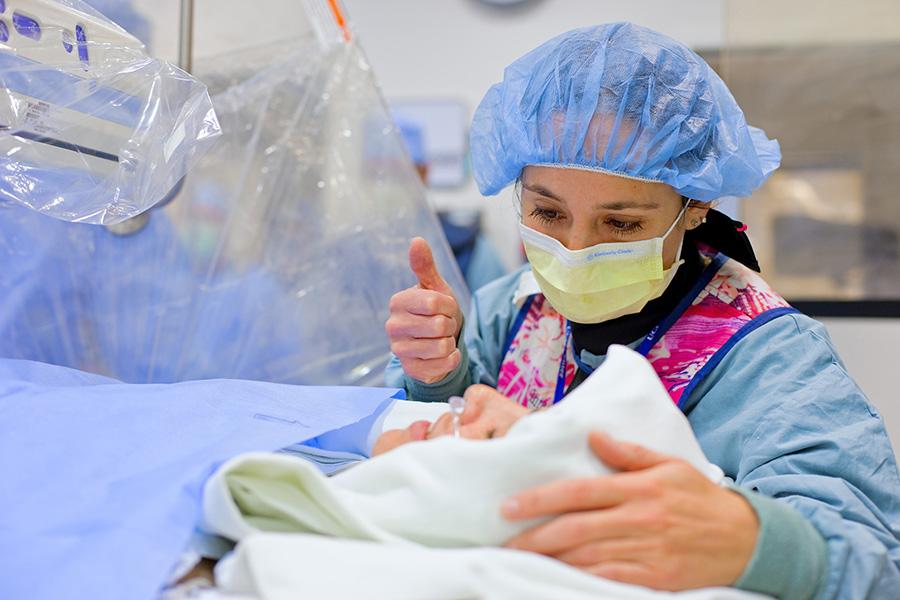
It is important to note that many clinics charge different fees for men and women. Sometimes a package of services is more expensive for a man, sometimes it is cheaper. It all depends on the area of diagnosis and treatment, as well as the direction of the clinic.
2.3 Dubai Healthcare City Zone
The UAE authorities are trying to develop medical tourism and are doing their best to stand out from other countries. For example, a huge free zone (i.e. an economic free zone) called Dubai HealthCare City has been opened and is operating in Dubai. The DHCC has more than 160 different clinics that offer check-ups and treatment, and foreign investors can invest in some of the projects on display at favourable rates.
3. Medical services for expatriates
Expatriates in the UAE can benefit from high quality medical services, but access to these services requires health insurance. Insurance requirements have become more stringent in recent years and each category of expatriate must have appropriate insurance to ensure access to healthcare services.
Types of health insurance for expatriates:
- Working migrants. Employers usually provide health insurance for their employees. This insurance covers basic care, including emergencies, and often provides access to private clinics. However, it is important for the employee to check their policy as it may not cover expensive specialist procedures or medical examinations.
- Expatriate family members. The employee's family may also be 'covered' if the employer offers this option - otherwise you will need to take out health insurance for all family members (this is usually the case in Dubai). This tends to be more expensive than for employees, but provides access to the same medical facilities.
- Self-paying Emirati residents. People who are self-employed or not covered by an employer (including tourists) must purchase insurance on a private basis. There are many options available in the UAE, ranging from basic to extended programmes that can cover some or all of your medical expenses. In some cases they may be limited to certain clinics and medical services.
It is important to note that ambulance services are free of charge to citizens, residents and ordinary tourists, and provide first aid. However, if further treatment is required, this must be paid for (in cash or by insurance if it covers this type of expense).
4. Medical services for tourists
Medical services for tourists in the UAE are of a high standard, but access depends on the availability of medical insurance and the patient's willingness to pay for treatment.
4.1 Medical insurance for tourists
The UAE requires all tourists to have insurance to cover emergency medical expenses. Insurance must be taken out before travelling and can also be purchased locally for short trips. Remember that you must fly to Dubai specifically with insurance already in place.
Tourists can count on emergency assistance in case of accident or illness. Ambulance services are available throughout the country and do not require insurance for first aid.
Tip: The ambulance number in Dubai is 998.
4.2 Popular medical destinations for travellers
Dubai and other emirates are commonly visited for specific medical services. The most common are
- Cosmetic Surgery and Dermatology. The UAE is considered a centre for beauty and aesthetic medicine, attracting tourists seeking plastic surgery (such as facelifts, liposuction, breast augmentation, rhinoplasty). Treatment for skin problems and diseases is also available.
- Dentistry. Dental prosthetics, treatment and implants are in high demand among tourists. This is due to the high quality of the services.
- Reproductive medicine. Infertility clinics, including IVF procedures, are becoming increasingly popular, attracting patients from all over the world. Many clinics, such as Emirates IVF, offer IVF services, infertility diagnosis and other reproductive technologies. The country also attracts patients because of its liberal laws (the ability to store embryos and use donor material). Many people also prefer to receive pregnancy and labour support in the Emirates.
- Orthopaedics and prosthetics. This field is very popular and prices are lower than in Israel.
- Treatment of oncological diseases. Many foreign tourists choose the UAE for treatment and recovery.
5. Development of Specialities in UAE Medicine
The UAE is actively developing specialised areas of medicine with a focus on innovation and quality. The country attracts patients from all over the world thanks to its advanced technologies and highly qualified specialists, who are able to successfully treat complex and rare diseases.
5.1 Cardiology
The UAE has established leading cardiology centres that offer world-class services for the treatment of cardiovascular diseases. For example, the Cleveland Clinic Abu Dhabi offers a full range of services for the diagnosis, prevention and treatment of heart disease, including stenting, open heart surgery and heart transplantation. The country is also actively developing heart disease prevention programmes that can significantly improve patients' quality of life.
Cost of cardiology services:
- Cardiologist consultation: from 500 dirhams ($135);
- ECG: from 150 dirhams ($40);
- Cardiac surgery: from AED 20,000 (USD 5,400).
5.2 Oncology
The UAE is developing medical technology for cancer diagnosis and treatment by establishing specialised clinics and oncology centres. The country uses the latest cancer treatment methods, including chemotherapy, radiotherapy and immunotherapy. The UAE also has screening programmes that help detect cancer in its early stages, significantly increasing the chances of a successful cure.
Cost of Oncological Treatment Services
- Consultation with an oncologist: from 600 dirhams ($160);
- Chemotherapy: from AED 5,000 ($1.35,000) per course;
- Radiotherapy: from AED 10,000 (USD 2,700) per course.
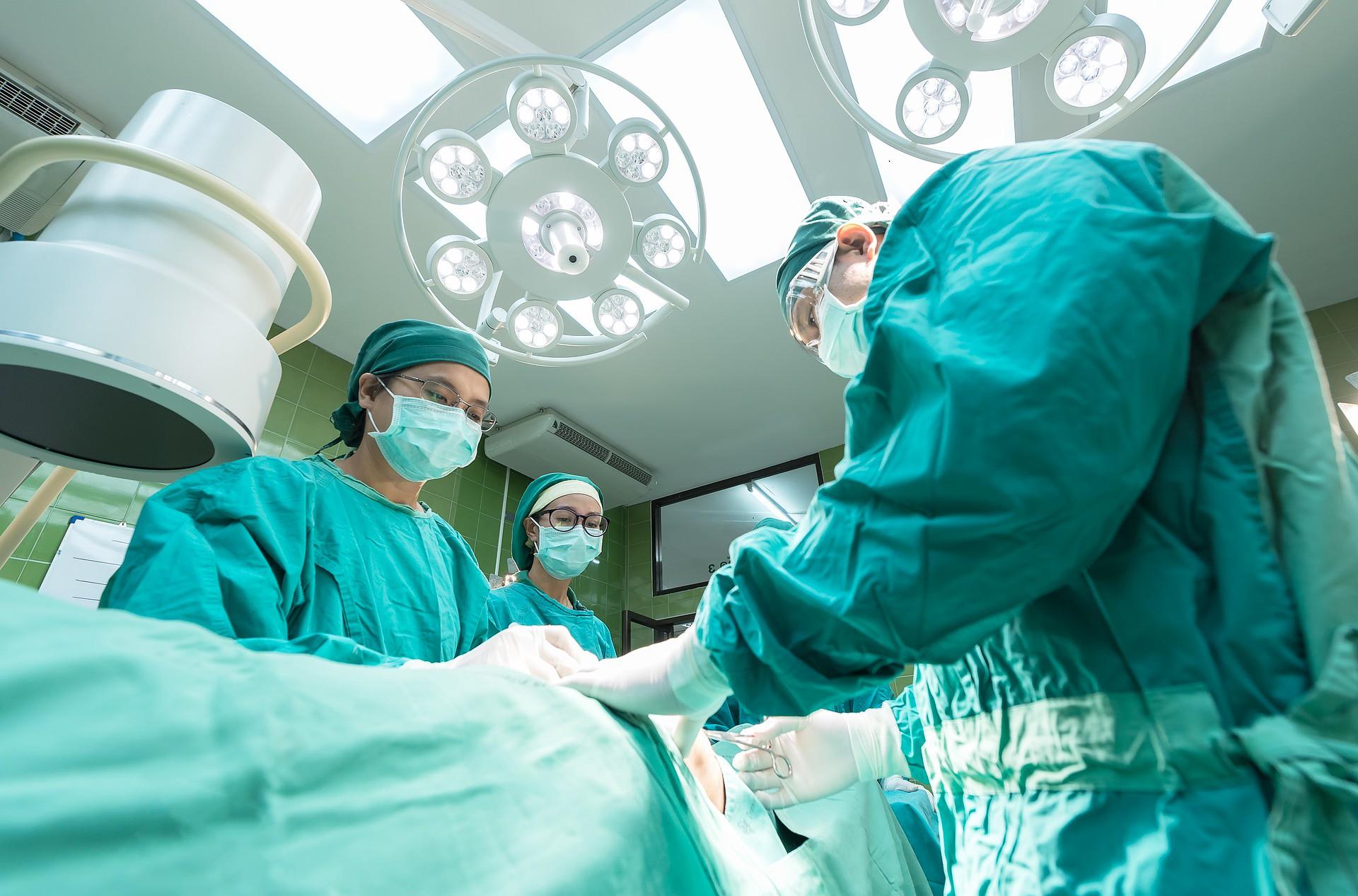
5.3 Neurology and Neurosurgery
The UAE offers high-quality neurology and neurosurgery services, including the treatment of diseases of the brain, spinal cord and nervous system. Leading centres such as the Dubai Health Authority and the Cleveland Clinic use the latest techniques to diagnose and treat conditions such as stroke, epilepsy, Alzheimer's and other neurological disorders.
The approximate cost of services is as follows
- Neurologist consultation: from AED 500 ($135);
- Brain MRI: from AED 1,500 ($400);
- Neurosurgical surgery: from 15 thousand dirhams ($4,000).
6. Advanced technologies in UAE medicine
The UAE is known for its achievements in the field of medicine due to the active implementation of modern technologies and innovative solutions. The country is actively using digital technologies to improve the quality and accessibility of medical services, attracting highly skilled professionals.
Reference: The number of Russian-speaking doctors in the UAE is growing.
The use of AI in medicine is helping doctors make more accurate and faster diagnoses. For example, AI is being actively used to analyse medical images such as X-rays and MRI scans, helping to speed up diagnosis and minimise errors. Doctors can use AI to detect early signs of diseases such as cancer and heart and nervous system abnormalities.
In addition, Dubai and other emirates are actively adopting robotic surgical systems such as da Vinci and Mako, which enable minimally invasive surgery. This reduces risks, shortens recovery times and improves the accuracy of surgical procedures. Robotic surgery is particularly in demand in areas such as urology, gynaecology and orthopaedics.
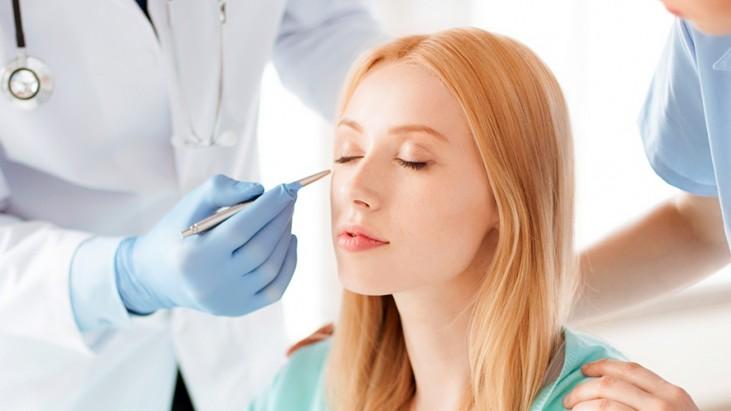
With the increasing demand for remote medical services, the UAE is actively developing telemedicine services. Doctors can conduct consultations via video link, which is particularly important for international patients who are unable to travel to the country. Telemedicine provides support for a wide range of issues, from psychological counselling to general medical check-ups.
7. Advantages and disadvantages of the UAE Medical System
The UAE medical system has many advantages, but as with any country, there are disadvantages. These should be considered before 'visiting' for medical or other types of tourism.
Advantages:
- Highly qualified doctors. World-class specialists work in the UAE, ensuring high quality diagnosis and treatment.
- Modern technologies. The country is actively introducing the latest medical technologies, such as artificial intelligence, robotic systems and the latest technical achievements.
- Developed infrastructure. The UAE offers convenient conditions for receiving medical services, including many private clinics and specialised centres.
Disadvantages:
- High cost of treatment without insurance. For those without health insurance, the cost of medical services can be quite high.
- Dependence on insurance. Many services, such as dental treatment or cosmetic surgery, are not covered by basic insurance, forcing patients to pay out of pocket.
- Inequality of access. While the UAE's medical infrastructure is well developed in major cities such as Dubai and Abu Dhabi, access to quality healthcare can be limited in remote areas.
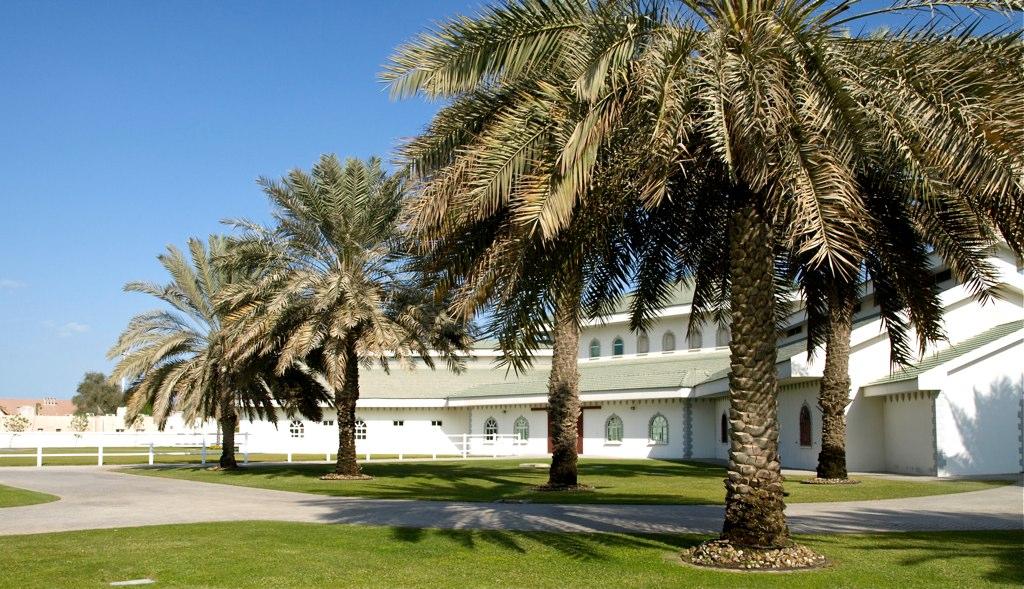
Medicine in the UAE is of a high standard, thanks to the active implementation of innovative technologies, international standards and highly qualified specialists. The Emirates, and Dubai in particular, attract medical tourists from around the world, offering high quality treatment at competitive prices.

